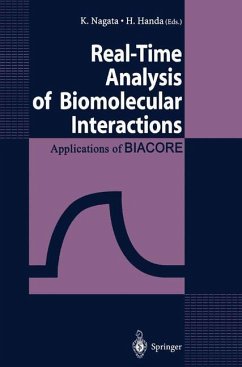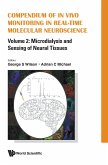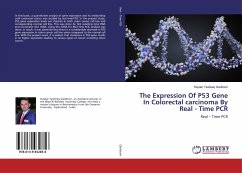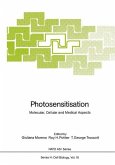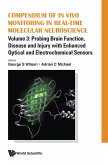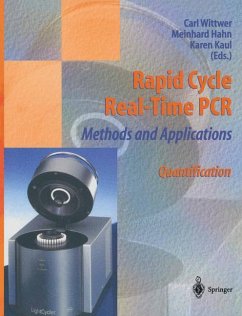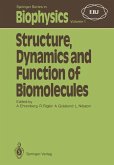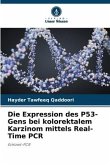Elaborate and complex interactions among the molecules that make up all living or ganisms are the basis by which those organisms carry out their existence. All metabo lism or vital activities of living organisms are attributed to the interactions of numbers of biomolecules, including protein-protein interactions. Cell growth and differentia tion, development and generation or regeneration of tissue, and the occurrence of or protection against various diseases are triggered, conducted, and maintained by the complex sequential interactions among molecules both inside and outside the cells. Each protein has its own function, but it cannot function by itself. For example, enzymes catalyze reactions only through transient interaction with their substrates. In some cases, proteins carry out their functions only after they form a multi subunit com plex. GenerallY, proteins, nucleotides, lipids, sugars, and other small molecules func tion through the interaction of mUltiple molecules either simultaneously or succes sively. In the case of signal transduction, for example, a ligand first binds to the cell sur face receptors, the ligand-receptor complex is internalized, signals are transferred one by one through the intracellular signal molecules, and finally the signal reaches the target molecules. In these processes, the signal is mediated mainly by phosphorylation, and this phosphorylation is transduced from upstream to downstream by transient in teractions of the donors with the acceptors. Phosphorylation and de-phosphorylation themselves are also characterized as transient interactions between phosphates and tar get proteins.
Bitte wählen Sie Ihr Anliegen aus.
Rechnungen
Retourenschein anfordern
Bestellstatus
Storno

